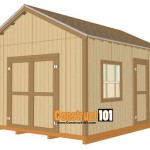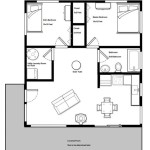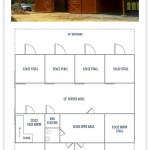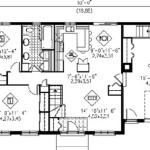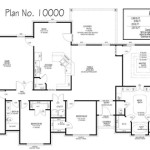How To Design A Floor Plan Layout
A well-designed floor plan is the foundation of any successful home. It can make or break the functionality, flow, and overall feel of your living space. Whether you're building a new home or renovating an existing one, taking the time to plan out your floor plan carefully is essential. Here are a few tips to help you get started:
1. Consider Your Needs
The first step in designing a floor plan is to consider your needs and lifestyle. How many people will be living in the home? What kind of activities will you be doing? Do you need a lot of space for entertaining? Once you have a good understanding of your needs, you can start to think about the layout of your home.
2. Create a Bubble Diagram
A bubble diagram is a great way to visualize the different spaces in your home and how they relate to each other. To create a bubble diagram, start by drawing a circle for each room in your home. Then, label each circle with the name of the room and write down a list of the activities that will take place in that room.
3. Arrange the Bubbles
Once you have created your bubble diagram, you can start to arrange the bubbles to create a floor plan. The goal is to create a layout that flows well and makes sense. Consider the relationship between the different spaces in your home, and how people will move through the space.
4. Add Walls and Doors
Once you have arranged the bubbles, you can start to add walls and doors to create a more defined floor plan. Pay attention to the placement of windows and doors, as they can affect the flow of light and air in your home.
5. Refine Your Design
Once you have a basic floor plan, you can start to refine your design. Consider the size and shape of each room, and make sure that the flow of the space is logical. You may also want to consider adding features such as built-in storage, fireplaces, or bay windows.
6. Get Feedback
Once you have a final floor plan, it's a good idea to get feedback from others. Show your plan to friends, family, or a professional designer. They may have suggestions that can help you improve your design.
Designing a floor plan can be a challenging but rewarding process. By following these tips, you can create a layout that meets your needs and creates a beautiful and functional home.

Floor Plans Types Symbols Examples

Floor Plans Learn How To Design And Plan

Floor Plan Creator And Designer Free Easy App

Floor Plans How To Design The Perfect Layout Cherished Bliss

Creating The Perfect Floor Plan Quarry View Building Group

Floor Plan Maker

Small House Design 2024005 Pinoy Eplans Modern Plans Layout
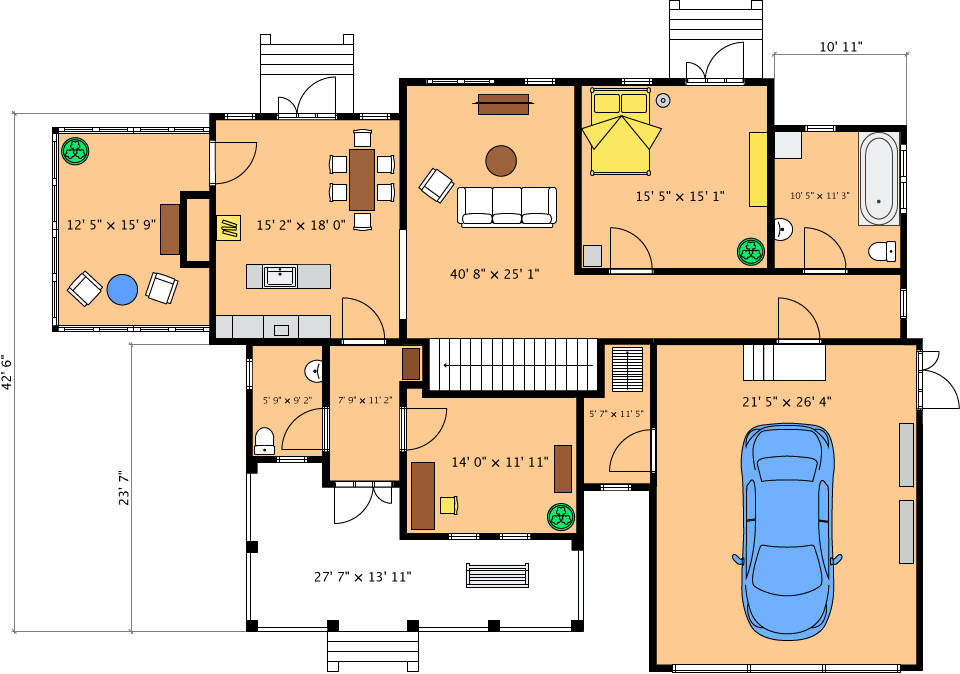
Floor Plan App Live Home 3d

Free House Design Home And Plans

Floor Plan Services 5 Drawing Layout Types They Include

